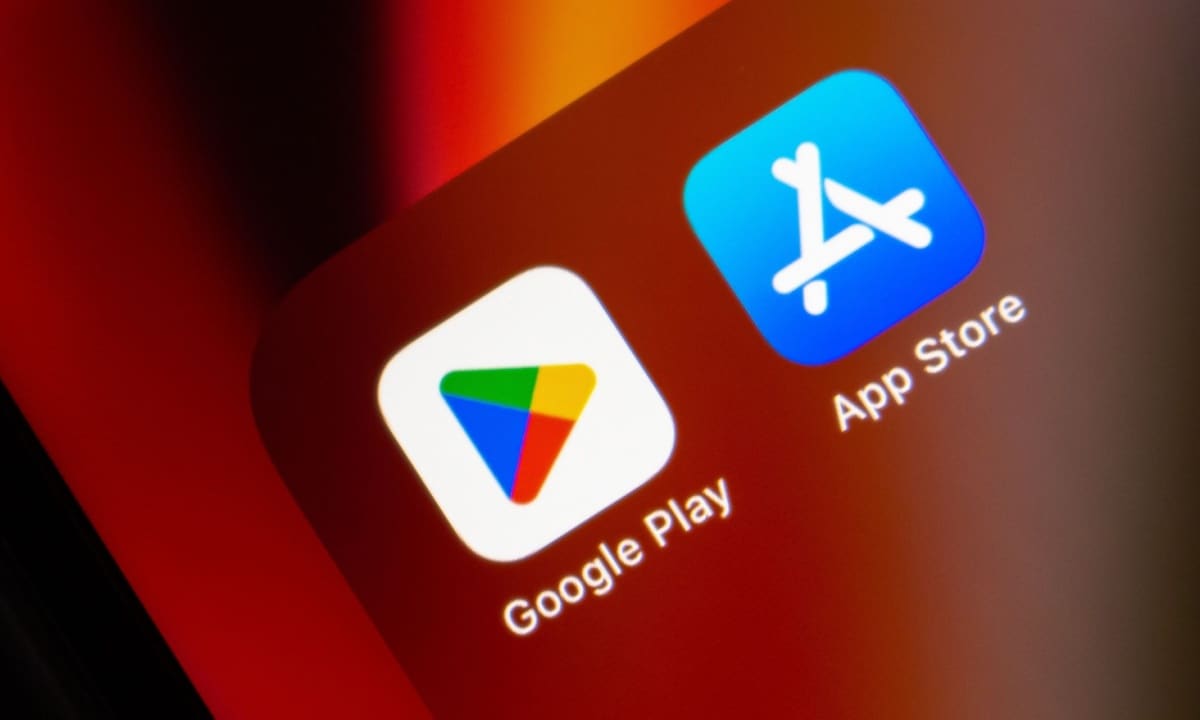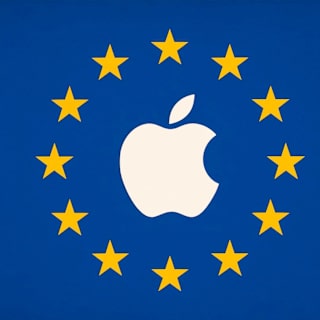- Bill Provisions Target Core Business Practices
- Key Changes From Previous Version
- Industry Stakes and Support
A bipartisan group of senators on Tuesday reintroduced legislation targeting Apple and Google's control over mobile app distribution, reviving a years-long effort to force the tech giants to open their platforms to greater competition.
The Open App Markets Act, led by Senators Marsha Blackburn, Richard Blumenthal, Mike Lee, Amy Klobuchar, and Dick Durbin, would require companies that control both major app stores and mobile operating systems to allow alternative payment methods, third-party app stores, and app sideloading. The measure aims to curb what lawmakers describe as "gatekeeper" practices that stifle competition and drive up consumer costs.

The legislation would prohibit covered companies from requiring developers to use proprietary payment systems, currently charging fees of 15% to 30% on transactions12. It would also protect developers' rights to inform users about lower prices available elsewhere and prevent companies from penalizing developers for offering better deals through other channels34.
Additionally, the bill would ban companies from using non-public business information from third-party apps to compete against them and restrict unreasonable self-preferencing of their own applications in search results15.
The 2025 version narrows the definition of "covered company" to specifically target entities controlling both an app store with more than 50 million monthly U.S. users and the operating system it runs on—a description that fits Apple and Google1. This represents a shift from the 2021 version, which applied more broadly to any company operating a large app store.
The updated bill also modifies security and privacy defenses, lowering the burden of proof companies need to justify potentially anticompetitive actions but requiring chief executives to certify under penalty of perjury that such defenses are not pretexts to limit competition1.
The original Open App Markets Act was first introduced in August 2021 and passed the Senate Judiciary Committee in February 2022 by a 20-2 vote, but never reached the Senate floor23. According to AppleInsider, tech companies including Apple, Google, Amazon, and Meta spent nearly $95 million lobbying against the previous version4.
The mobile app economy represents a significant economic force, with consumers worldwide spending $92 billion on the Apple App Store and $35.7 billion on Google Play Store in 2024 alone12. The Coalition for App Fairness, which includes companies like Spotify and Epic Games, endorsed the reintroduced legislation3.
"This bill takes a targeted, strategic approach that will create more economic opportunity, unlock innovation, reduce barriers for businesses and creators, and give American consumers lower prices," said Dustee Jenkins, Spotify's chief public affairs officer4.



